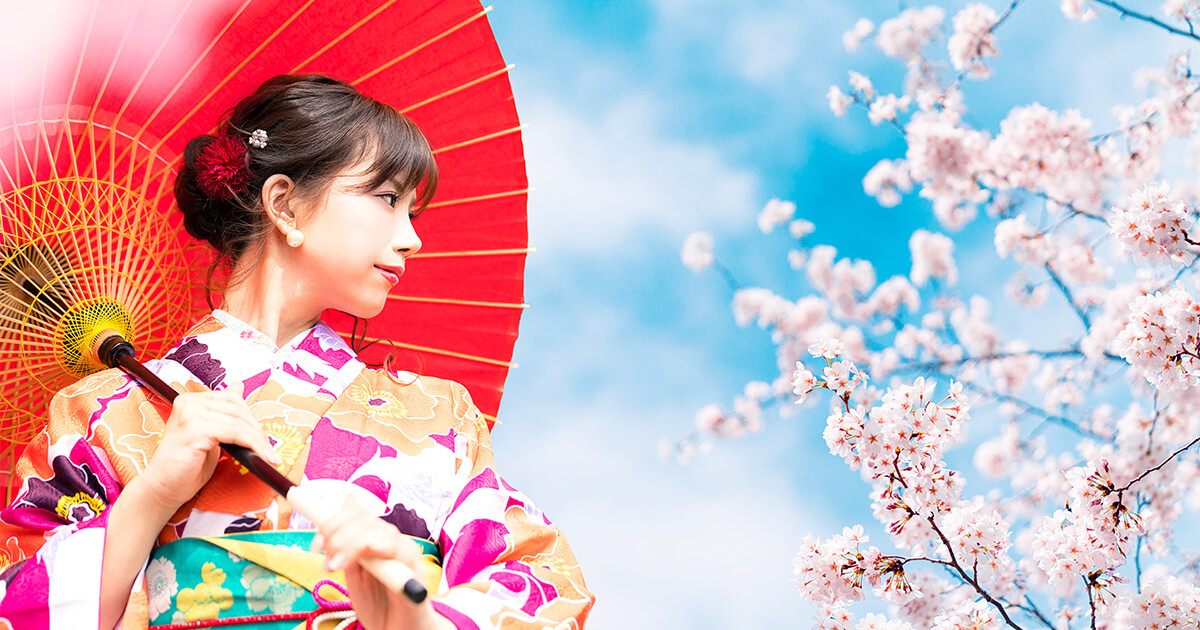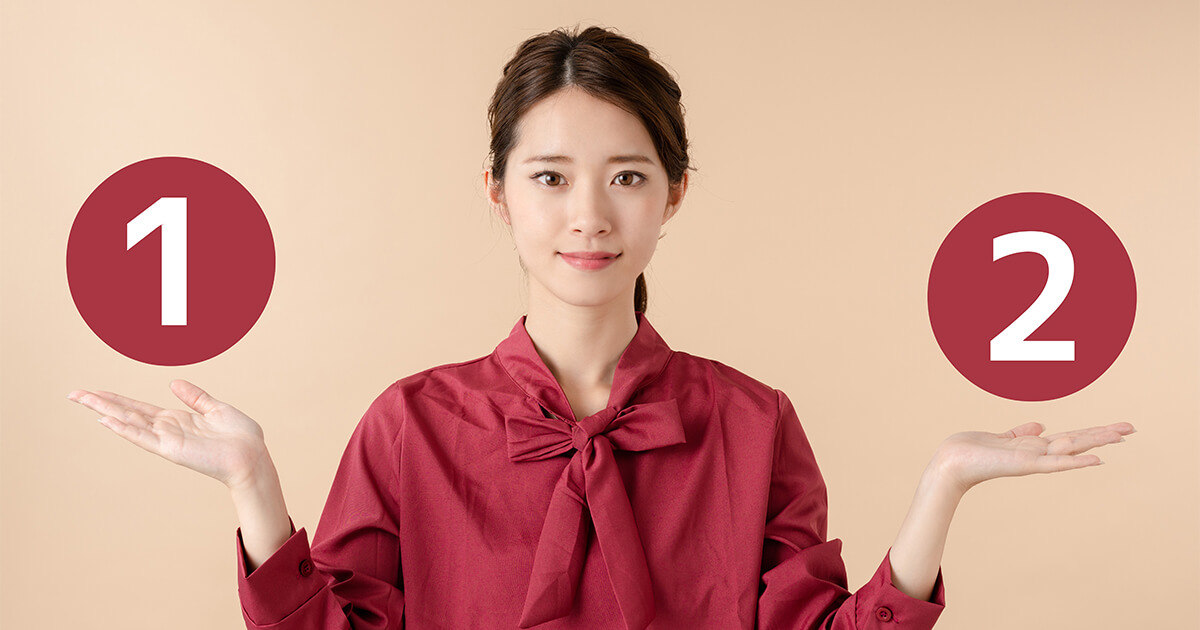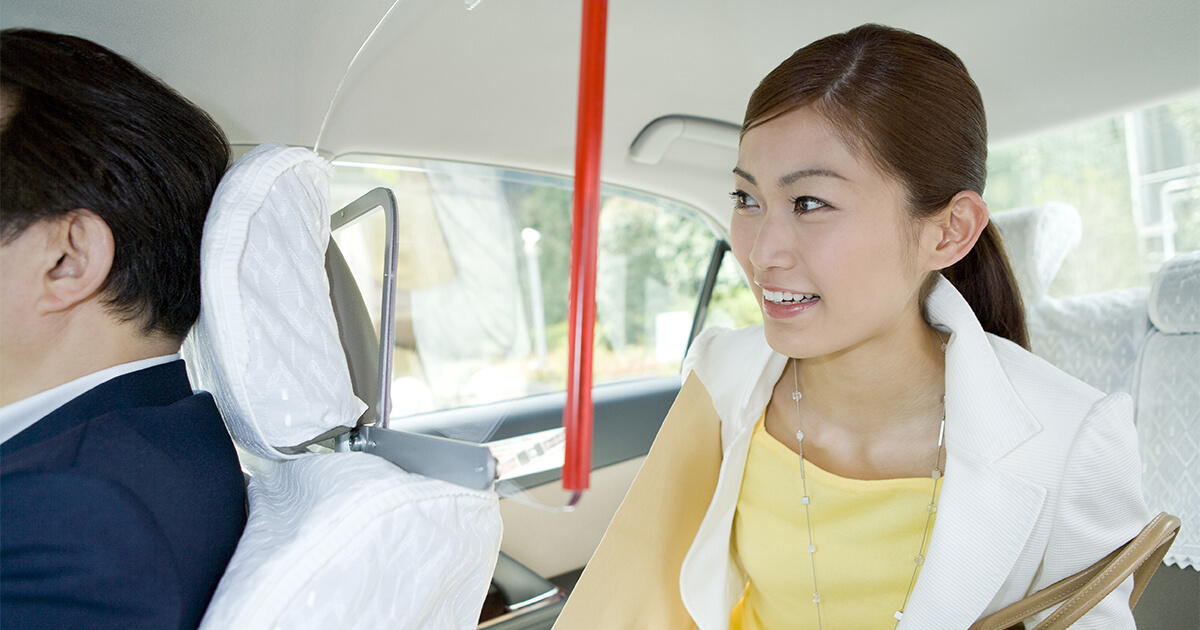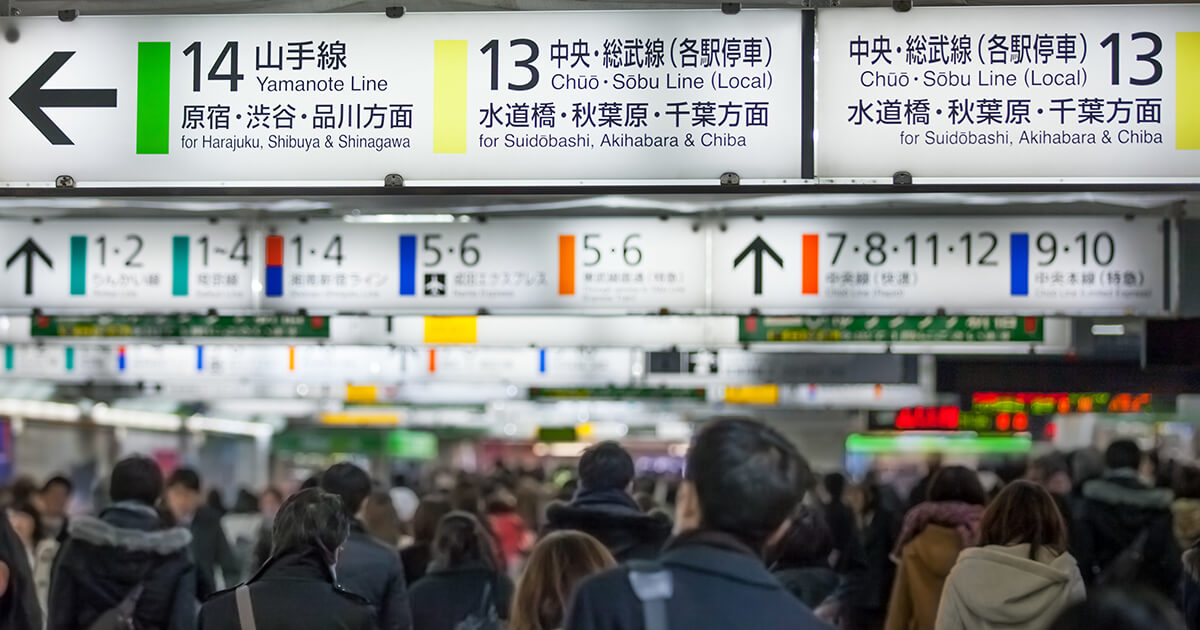
Archive List for Daily

How to say “not this time” in Japanese?
- Published:
In the first expression, いい ii literally means “good, OK”. However, when used in this context, it means “I’ll pass”. This expression is quite direct and is suitable if you are on close terms with your colleagues.
However, it would […]

How to say “Best regards” in Japanese?
- Published:
How do you say “Best regards” in Japanese? This article summarizes some questions concerning Best regards. The above two expressions should be appropriate for all kinds of email. Both are polite expressions and the latter is even more polite because […]

How to say “Either one is fine” in Japanese?
- Published:
Answer by Japanese teacher Dochira or docchi is used when you are referring to two things or choices in the conversation. I hope you will enjoy your dinner regardless of your preference.

How to say “How do you use the washing machine?” in Japanese?
- Updated:
- Published:
Answer by Japanese teacher Explanation Sentakuki means “washing machine”; dooyatte means “how to”; and tsukaimasu means “to use”. You can simply put all the words together to ask “how to use the washing machine?” In most cases, you simply put […]

How to say sorry when you want to apologize to your friends in Japanese?
- Published:
Answer by Japanese teacher Explanation It is indeed an unfortunate accident. When we want to say sorry, we usually say “sumimasen”. However, since you are friends, you can use the more casual version “gomen”. “Gomen” comes from “ごめんなさい gomennasai” which […]

How to say “please go to the international terminal” in Japanese?
- Published:
Answer by Japanese teacher Explanation Onegaishimasu is a useful phrase whenever we are in need of someone’s help or favour. When used with the word “made” before it, that is, “~ made onegaishimasu”, it means “please go to ~”. Try […]

How to say “Does this train go to Shinjuku?” in Japanese?
- Updated:
- Published:
Answer by Japanese teacher Explanation The phrase ~e ikimasu means “to go to ~”. Thus Shinjuku e ikimasu means to go to Shinjuku. You can simply put the subject kono densha (this train) in front to ask this question. Train […]

How to say “I want to book a taxi for tomorrow at 6.30am” in Japanese?
- Published:
Answer by Japanese teacher Explanation The phrase yoyakushimasu means “to book or to reserve something”. If you conjugate the masu form of the verb to “~tai”, it means “I want to ~”. In this case, yoyakushitai means “I want to […]
